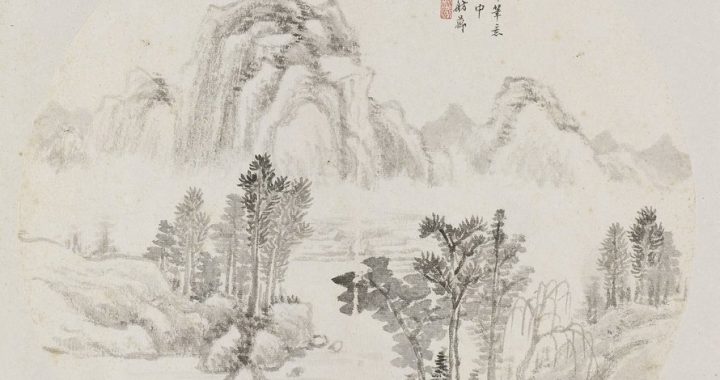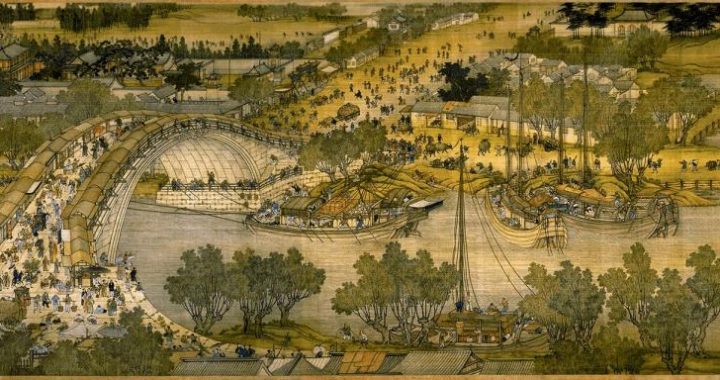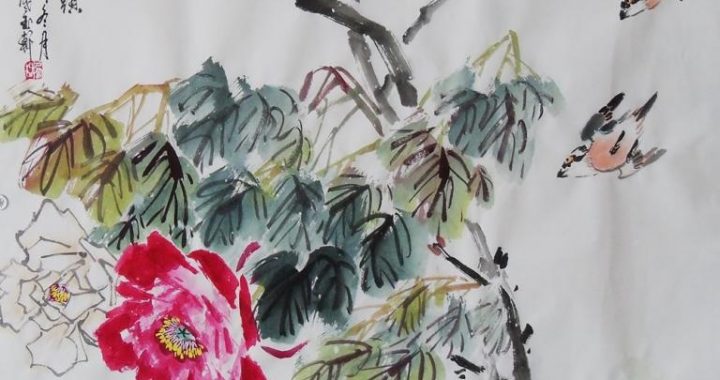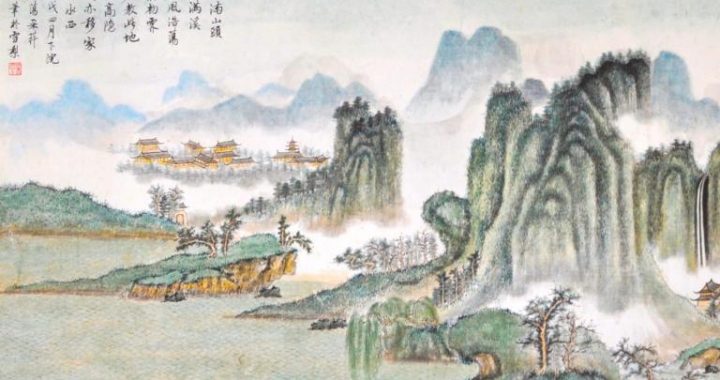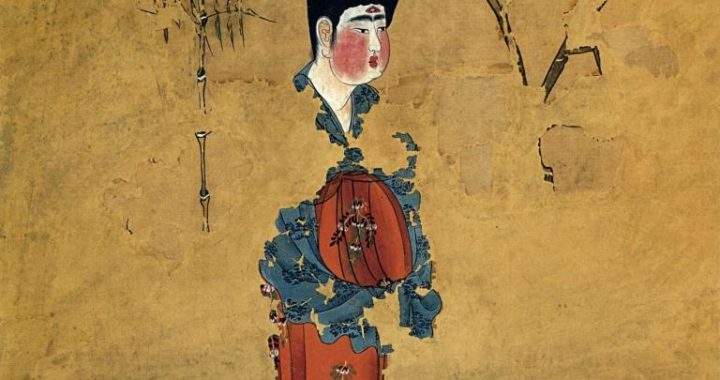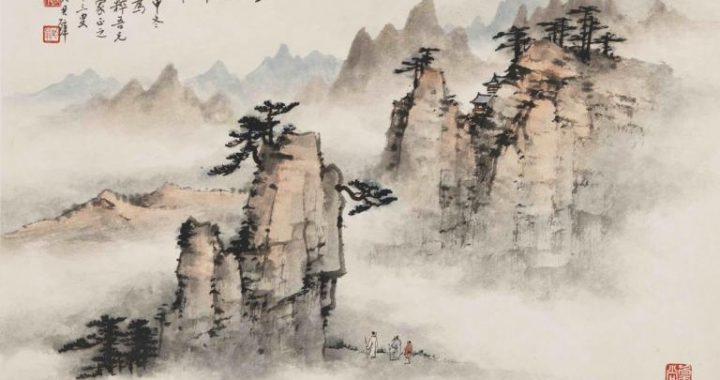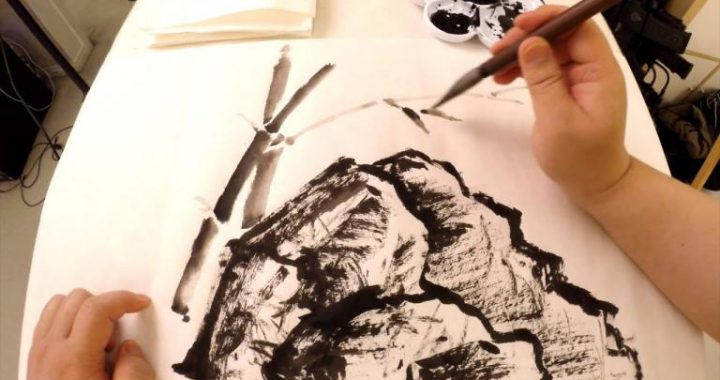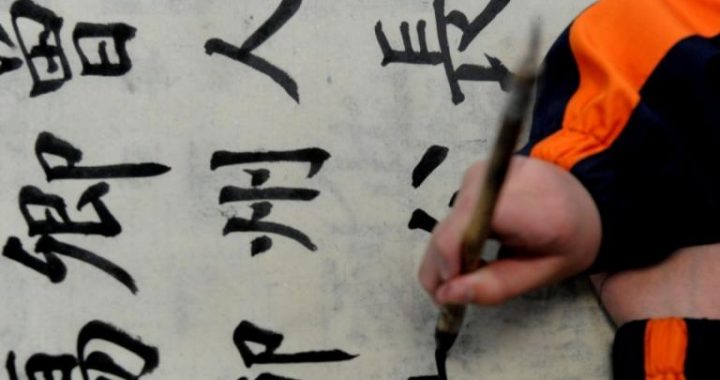Film of China
2 min readFilm is a product of modern civilization. It is worth noting that this art form, imported from abroad, has always had an intimate connection with traditional Chinese culture and the needs of the Chinese people. China’s first film, Dingjun Shan(Dingjun Mountain), producedin 1905, consisted of scenes from the Beijing opera by the same name.
During the first half of the 20th century, Chinese society underwent prolonged upheaval. The fundamental question facing the Chinese people during this time was how to resist foreign aggression and build a truly independent, powerful, and prosperous nation. The Chinese filmmakers of this time were concerned, first and foremost, with how to save their country.

They had no desire to create art that was divorced from real life. In 193 5, the Chinese film Yu Guang Qu(Song of the Fishers), directed by Cai Chusheng(1906-1965 AD) was the recipient of the Moscow Film Exhibition’s Honorary Award. The first Chinese film to win international recognition, this work was a milestone of early Chinese film. Realistically portraying the tragic story of a poverty-stricken fishing family’s economic ruin, displacement, and eventualextinction, the film is a vivid reflection of the Chinese people’s spirit of resistance and quest for independence. This film and others like it made use of montage and other Western film techniques to depict the actual problems of Chinese society.
Since the 19 50s, the Chinese film industry has achieved rapid and stable advancement. During the 19 80s in particular, the so-called “fifth generation”of Chinese directors, represented by Chen Kaige(b.1952 AD) and Zhang Yimou(b.1951 AD), started to make use of various new ideas and artistic techniques drawn from international film. Utilizing innovative ap-
proaches to subject matter, narrative development, character depiction, cinematography, and treatment of images, these new filmmakers delved deeply into the history and psychologicalmakeup of the Chinese people, creating a body of highly subjective, symbolic, and meaningful works.A number of films from this period won awards at Europe’s three major film festivals.
Hong Kong director Wong Kar-wai(b.19 58 AD), representing Asia’s”New Wave”in filmmaking, has been instrumental in advancing international recognition of Asian film. Wo Hu Cang Long(Crouching Tiger, Hidden Dragon), by Taiwanese director Ann Lee(b.1954 AD), won the 2002 Academy Award for Best Foreign Film. Television, Chinese film’s sister industry, is also undergoing rapid development. In 2010, there are 14,68 5 episodes of various television series were produced in China’s mainland alone.

